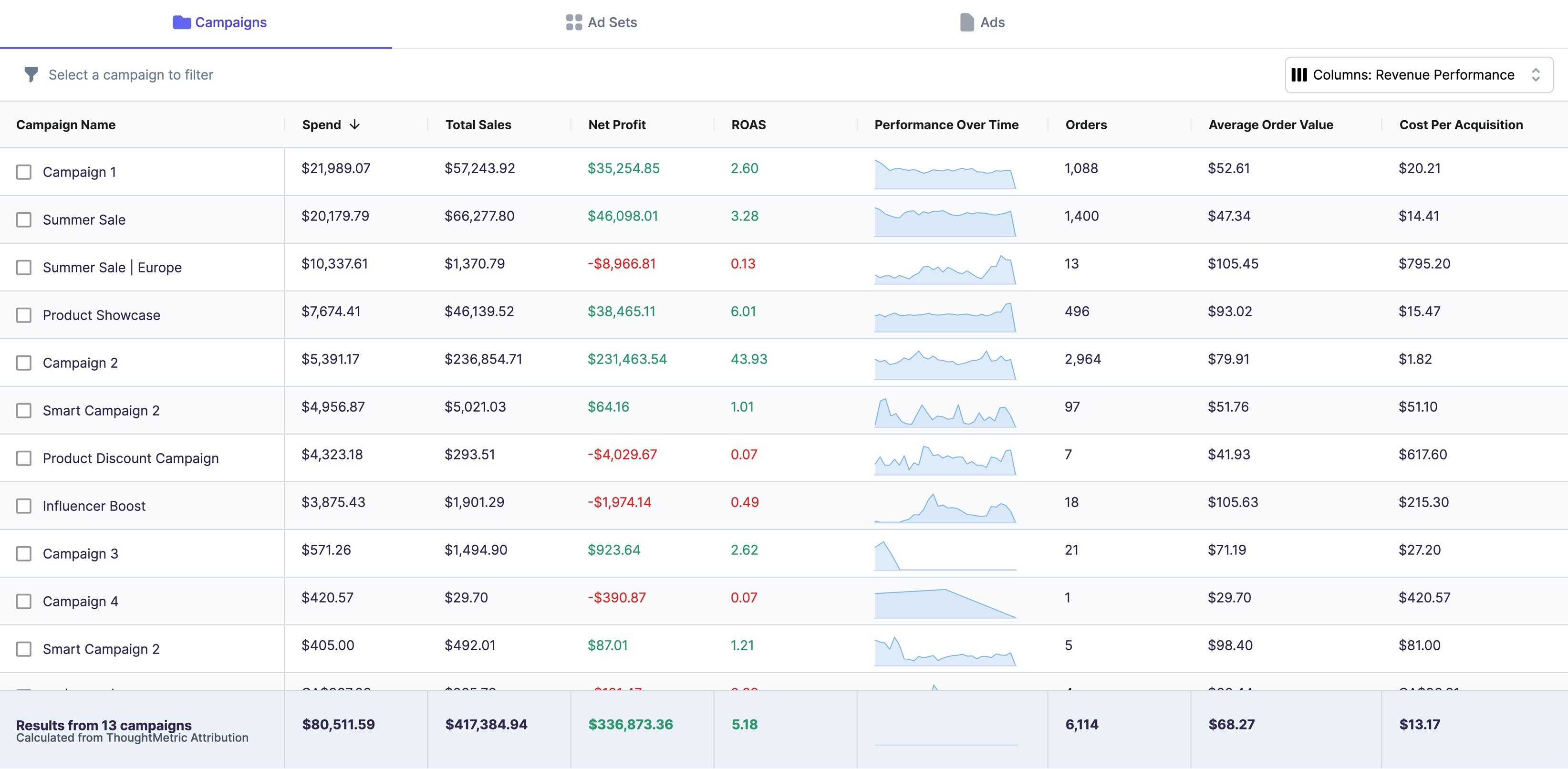Are you running digital ads for your business, but struggling to make sense of the data? Understanding your Cost Per Click (CPC) is critical to making informed decisions about your ad spend. Fortunately, Google Analytics offers a powerful tool for calculating CPC and optimizing your campaigns. In this article, we’ll break down what CPC is, why it’s important, and how to track and improve it using Google Analytics.
Understanding Cost Per Click (CPC) and Its Importance
Before we dive into how to calculate CPC, let’s first define what it is and why it matters. Cost Per Click (CPC) is an advertising metric that measures the cost of each click on an ad. Essentially, it’s the amount you pay each time someone clicks on your ad.
For businesses running digital ads, CPC plays a critical role in determining the ROI of their campaigns. By understanding how much each click costs, businesses can make informed decisions about how much to spend on ads, what keywords to target, and how to optimize their campaigns for better performance.
But how exactly is CPC calculated? CPC is determined by dividing the total cost of an ad campaign by the number of clicks it receives. For example, if you spent $100 on an ad campaign and received 50 clicks, your CPC would be $2.
What is Cost Per Click (CPC)?
As mentioned earlier, CPC measures the cost of each click on an ad. For example, if you have a Google Ad that is set to a bid of $1.50 per click, and someone clicks on the ad, you would be charged $1.50 for that click. CPC can vary depending on the ad platform, keyword competition, and other factors, but the concept remains the same.
It’s important to note that CPC is not the same as Cost Per Impression (CPM), which measures the cost of each time an ad is shown, regardless of whether or not it is clicked on. While both metrics are important for measuring the success of an ad campaign, CPC is generally considered to be a more accurate measure of ROI.
Why is CPC Important for Your Business?
Understanding your CPC is critical for making informed decisions about your ad spend. By knowing the cost of each click, you can make strategic decisions about how much to spend on ads, what keywords to target, and how to optimize your campaigns for better performance.
For example, if you know that a certain keyword has a high CPC, you may decide to allocate more of your ad spend towards other keywords that offer a better ROI. Similarly, if you notice that certain ads are driving more clicks at a lower CPC, you may want to allocate more of your budget towards those high-performing ads.
Another important factor to consider when analyzing CPC is the quality of your ad copy and targeting. If your ad is not relevant to the audience you are targeting, you may receive a lower click-through rate (CTR), which can drive up your CPC. By creating targeted and relevant ads, you can improve your CTR and lower your CPC.
In conclusion, understanding CPC is essential for any business running digital ads. By analyzing your CPC and making strategic decisions about your ad spend, you can improve the performance of your campaigns and drive better ROI.
Setting Up Google Analytics for CPC Tracking
Creating a Google Analytics Account
The first step in tracking your CPC using Google Analytics is to create a Google Analytics account. If you don’t already have one, you can sign up for a free account on the Google Analytics website. Google Analytics is a powerful tool that allows you to track a wide range of website metrics, including traffic sources, user behavior, and conversion rates. By setting up a Google Analytics account, you’ll be able to gain valuable insights into how your website is performing and how you can optimize it for better results.
When you sign up for a Google Analytics account, you’ll be asked to provide some basic information about your website, such as its URL and the industry it belongs to. You’ll also need to agree to Google’s terms of service and privacy policy. Once you’ve created your account, you’ll be given a tracking code that you’ll need to add to your website in order to start collecting data.
Integrating Google Analytics with Google Ads
To track your CPC data in Google Analytics, you’ll need to integrate your Google Ads account with Google Analytics. This can be done by linking your Google Ads account to your Google Analytics account, which will allow you to see CPC data directly in your Analytics dashboard. Integrating your accounts will also enable you to track other important metrics, such as bounce rates, time on site, and conversion rates.
Linking your accounts is a straightforward process that can be done in just a few steps. First, log in to your Google Analytics account and navigate to the Admin section. From there, select the “Google Ads Linking” option under the “Property” column. You’ll then be prompted to select the Google Ads account you want to link to your Analytics account. Once you’ve selected your account, click “Continue” and follow the on-screen instructions to complete the linking process.
Configuring Goals and Conversion Tracking
Before you can start tracking CPC data, you’ll need to set up goals and conversion tracking in Google Analytics. This will allow you to track specific actions on your website, such as form submissions, product purchases, or newsletter signups, and link those actions back to your ad campaigns. By tracking conversions, you’ll be able to see which ad campaigns are driving the most valuable traffic to your site and adjust your CPC bids accordingly.
To set up goals and conversion tracking, navigate to the “Goals” section of your Google Analytics account and create a new goal. You’ll be asked to define the specific action you want to track, such as a completed purchase or a form submission. Once you’ve defined your goal, you’ll need to add a tracking code to your website that will allow Google Analytics to track when that goal is completed.
Overall, setting up Google Analytics for CPC tracking is a crucial step in optimizing your ad campaigns and improving your website’s performance. By tracking key metrics like CPC, conversion rates, and user behavior, you’ll be able to make data-driven decisions that will help you achieve your business goals.
Calculating Cost Per Click (CPC) in Google Analytics
Accessing the Google Analytics Dashboard
Once you’ve set up your Google Analytics account and linked it to your Google Ads account, you can start tracking your CPC data. To access your CPC data, log in to your Google Analytics account and navigate to the “Acquisition” tab in the left-hand menu. From there, select “AdWords” to view your CPC data.
Navigating to the CPC Metrics
Once you’re in the AdWords section of Google Analytics, you’ll be able to view a wide range of metrics related to your ad campaigns. To view your CPC data specifically, select “Campaigns” and then “Cost Analysis” from the drop-down menu.
Interpreting the CPC Data
Once you’ve accessed your CPC data in Google Analytics, you can start analyzing it to make informed decisions about your ad campaigns. Look for trends in your CPC over time, and compare your CPC data across different ad groups and keywords.
For example, if you notice that your CPC for a certain keyword has been steadily increasing over time, you may want to adjust your bid or target a different keyword. Similarly, if you notice that certain ads are driving clicks at a higher CPC than others, you may want to adjust your ad copy or targeting to improve performance.
Tips for Optimizing Your CPC
Identifying High-Performing Keywords
One of the best ways to improve your CPC performance is to identify high-performing keywords and target them more aggressively. Use Google Analytics to track which keywords are driving the most clicks and conversions, and adjust your bid and ad targeting accordingly.
Adjusting Your Bids Strategically
Adjusting your bid strategy can also help improve your CPC performance. Try adjusting your bids up or down based on the performance of specific keywords or ad groups. You may also want to adjust your bidding strategy based on the time of day or day of the week, to ensure that you’re targeting your ads when your audience is most active.
Improving Your Quality Score
Your Quality Score is another important factor that can impact your CPC performance. Quality Score is a metric that Google uses to measure the relevance and quality of your ads, keywords, and landing pages. By improving your Quality Score, you can lower your CPC and improve the ROI of your ad campaigns.
Some tips for improving your Quality Score include creating high-quality ad copy, targeting specific, relevant keywords, and ensuring that your landing pages are optimized for conversions.
Conclusion
Calculating and optimizing your Cost Per Click (CPC) is critical for making informed decisions about your ad spend and maximizing the ROI of your campaigns. By using Google Analytics to track your CPC data, you’ll be able to make strategic decisions about your ad targeting, bid strategy, and overall campaign performance.
Remember to continuously monitor your CPC data and adjust your ad campaigns accordingly. And don’t be afraid to experiment with different strategies to find what works best for your business. By staying on top of your CPC data, you’ll be well on your way to running successful, high-performing ad campaigns that drive results for your business.





